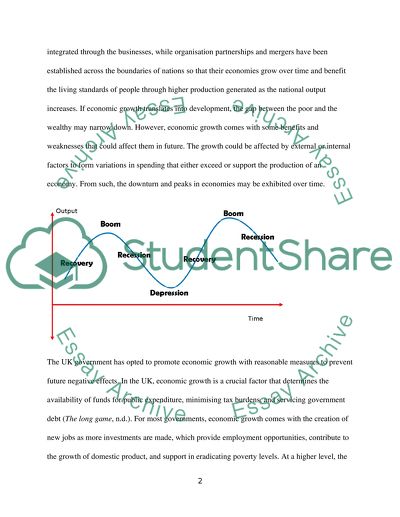Cite this document
(“Governments Various Macroeconomic Objectives and Their Importance to Assignment”, n.d.)
Retrieved from https://studentshare.org/macro-microeconomics/1478994-governments-various-macroeconomic-objectives-and-their-importance-to-uk-economy
Retrieved from https://studentshare.org/macro-microeconomics/1478994-governments-various-macroeconomic-objectives-and-their-importance-to-uk-economy
(Governments Various Macroeconomic Objectives and Their Importance to Assignment)
https://studentshare.org/macro-microeconomics/1478994-governments-various-macroeconomic-objectives-and-their-importance-to-uk-economy.
https://studentshare.org/macro-microeconomics/1478994-governments-various-macroeconomic-objectives-and-their-importance-to-uk-economy.
“Governments Various Macroeconomic Objectives and Their Importance to Assignment”, n.d. https://studentshare.org/macro-microeconomics/1478994-governments-various-macroeconomic-objectives-and-their-importance-to-uk-economy.


